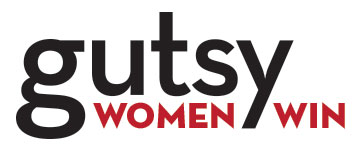The Real Power of Personal Power

“Knowing others is intelligence; knowing yourself is true wisdom. Mastering others is strength, mastering yourself is true power.” – Lao-Tzu
In my work, I talk about power. Power in living authentically, power in using your voice, stepping into your power, and even using power poses. But what does power mean? Sometimes when I mention power, people will say, “Oh no, I don’t want to be powerful.” And when we dig a little deeper I find a lot of people are afraid of power because they have the idea that it is negative or forceful.
In the book “The Power Paradox: How we gain and lose influence” by Dacher Keltner, a UC Berkeley psychologist, he talks about the old Machiavellian philosophy of power that is defined as something that is grabbed. Taken. It’s about manipulation and sometimes even about force.
The newer view of power is that it is something that is gained. Something that is granted to you by others. We gain power by acting in ways that improve the lives of other people in our social networks. This is true at work, in social organizations of different kinds, and in our friendships, romantic partnerships and even in our families.
This is the difference between power over and power with. Some behaviors that demonstrate ‘power over’ are coercive force, bullying, intimidating, lying, manipulating, and stepping on others. People resort to coercive force when their power is actually slipping which makes them feel less powerful.
‘Power with’ uses the behaviors of non-violence, open communication, collaboration, co-creating and diplomacy.
One study examined 323 opposition movements from 1900 to 2006, in places ranging from East Timor to countries of the former Soviet bloc. Some of these movements used the tactics of coercive force - bombs, assassinations, torture, and civilian killings. Others relied on nonviolent tactics - marches, vigils, petitions, and boycotts. The latter were twice as likely (53 percent versus 26 percent) to lead to achieving gains in political power, winning broad support from citizens, and contributing to the fall of oppressive regimes.
The bottom line is Keltner’s definition of power is about making a difference in the world by influencing others by beginning with these four principles:
- Power is about altering the states of others.
- Power is part of every relationship and interaction.
- Power is found in everyday actions.
- Power comes from empowering others in social networks.
How are you using your power?

0 comments
Leave a comment
Please log in or register to post a comment